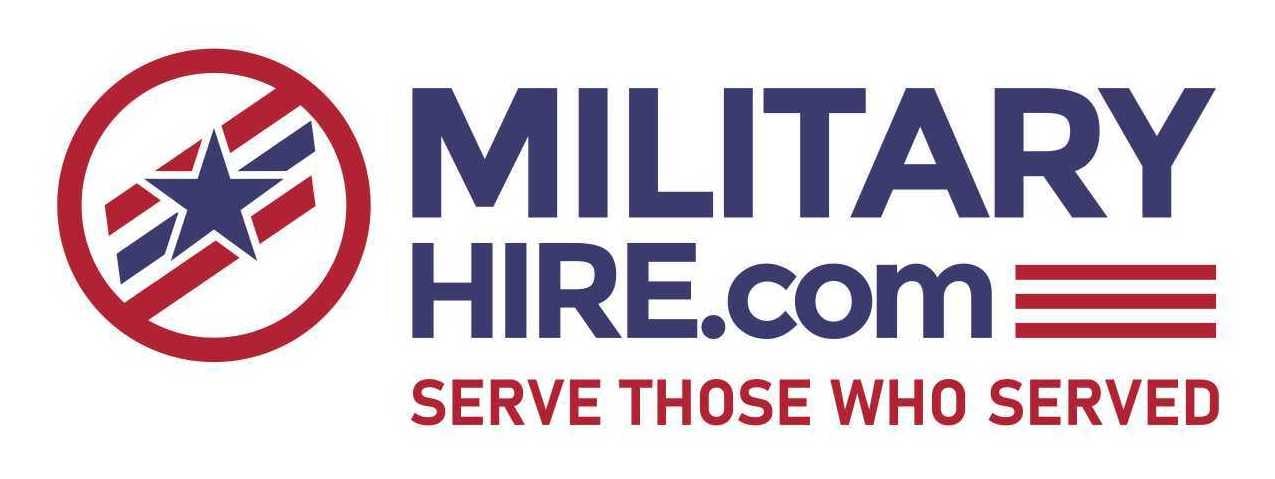How To Identify My Accomplishments
Success in the job search depends on communicating your accomplishments both in your resume and during the interview. But how do you identify your accomplishments beyond “I did my job and I did it well?”
Veterans are accustomed to high performance and excellence from their colleagues and from themselves. They’ve been trained by the OER and NCOER system to list their jobs description as the summary of what they did. Job descriptions, however, cover responsibilities that are the same for each of the thousands of people who held similar assignments. It is critical that you identify and communicate your accomplishments rather than your assignments in order to get hired for the job you want.
While promotions to the next rank and selection for important assignments are accomplishments, your resume (and interview) must communicate why you earned that promotion and why you were selected for that assignment.
Here are some questions to help you identify your accomplishments.
In what ways did you stand out from your peers or in what ways you outperform them?
Describe an area that was substandard when you arrived at a new duty assignment and what steps you took to improve it (and what were the final results).
Describe cases where you mentored subordinates so they improved their performance.
Describe a time your work was recognized for going above and beyond.
Describe a time when you introduced a new and better way of doing something and what the results were.
With a bit of thought, you should be able to come up with answers for at least one question for each duty assignment. Even better would be answers to all the questions for each duty assignment. I would expect top performers could come up with multiple answers to each question for each role in which they have served.
Next step is to write those answers down. Not on your resume, yet. Just start a file that captures all of your accomplishments. Go into as much detail as you can. And focus on quantifiable results when you can. Quantifiable results can be amount of money saved, man hours of work saved, or improvement of a score or other result. Here is an example of a quantifiable result:
Developed and led a training program to build individual, team, and unit-wide excellence in critical skills. The six month program culminated in team and unit level evaluations. Team scores increased by 17% for an average score of 92%. The unit level score of 95% was the best of 24 units.
Ensure you capture the whole story. You’ll need to pare it down to a sentence or two for resume bullets, but the highly detailed version of the story will assist you in reviewing in preparation for an interview. You want to have all of your accomplishments in the front of your mind so you can use them as illustrations of your success during the interview process.
Once you have identified your accomplishments you have an excellent starting point for writing a top notch resume that answers the question “Why should I hire you?” and also in rehearsing answers to common interview questions.
As you move through your career, keep your accomplishments file up to date. You’ll find it serves you well each time you find yourself competing for a new job whether within your current organization or in a new organization.
MILITARYHIRE HAS JOBS FOR VETERANS
Three steps to success:
-
Sign Up. You’ve served your country. Now let us serve you. Sign up now—it’s free, quick, and easy.
SIGN UP TODAY -
Post Your Resume. Be found by hundreds of veteran friendly companies—post your resume! Don’t worry if it’s not perfect—you can easily update it later!
POST YOUR RESUME -
Search Jobs. Don’t wait for companies to find you. Set up automated Job Scouts to scour our database and notify you of new jobs.
SEARCH JOBS NOW
